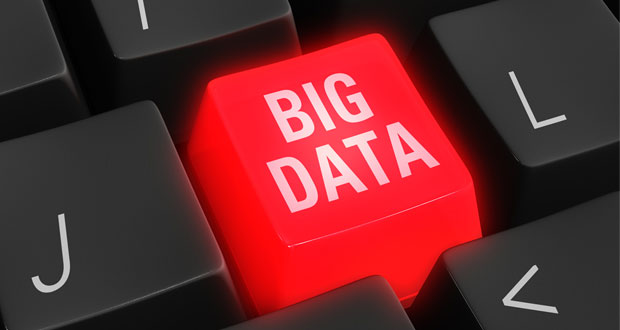It’s been a rough couple of months, and we should talk about something fun and not political, but CRM-centric. I know! Let’s ask how the election influenced CRM. Seriously, there’s a nugget in there that ought to get us all thinking about business and keep our minds off that other stuff. Come on, it’ll be fun.
I am not the only one who saw this, but isn’t it amazing how the pollsters got the election prediction exactly wrong? How could that be? They used modern analytics, big data, and more buzzwords than a software salesperson.
It would be easy to say, as some have, that we need to look at our analytics packages with a degree of skepticism and do some careful recalibrating. I say no, that’s not where we’re going to find answers. The answers reside in big data — or more precisely, almost-big-enough-data or almost-the-right-big-data.
“Technology didn’t fail us. We ignored the technology and used phone polling. Our data science team here at Kahuna reminded me that phone polling response rates have dropped from 1/3 to as low as 1/20,” noted Sameer Patel, my colleague at the Enterprise Irregulars.
This implies that people who were targets of phone polls either were not interested in talking or possibly gave the answers that pollsters expected rather than saying what they really thought. The result easily could have been data that was in multiple ways not representative of the population. Clearly, the results indicate something like this happened.
Polling for Dollars
It’s not just in politics that you see this phenomenon — it’s highly prevalent in business too. As a matter of fact, the vendor community is contributing to the data dissonance as much as customers. As a researcher, I can tell you that it’s almost impossible to conduct a survey these days.
Any survey results you see that quote a small population should make you skeptical. Getting a few hundred people to respond is so hard that you sometimes just have to take what you get and hope for the best. It’s no one’s fault. People are very busy, and we create surveys with the ease of someone eating a bag of Doritos.
Vendors don’t make things any easier when they conduct their own versions of the Net Promoter Score. The NPS methodology asks you to rate something on a scale of 1 to 10, with 9 or 10 being the key segment.
Too many vendors browbeat customers into giving high scores and then publish the results as if the survey were impartial. Of course, any sane customer will know the results are inaccurate based on just casual experience. Then vendors will wonder what’s wrong with the survey. It’s not the survey, though — it’s a refusal to take in bad news.
So here we are after many years of big data, still drowning in it and doing a mediocre job of turning it into usable information. It’s not our algorithms that are hurting us. It’s our thumbs on the data scale that are turning our digital disruption into gibberish.
What’s Your Sign?
I ran across a funny story recently in which a machine learning algorithm was trained to be racist just by following a certain person’s Twitter feed. All of this seems to reinforce the old IT adage of GIGO, or garbage in, garbage out.
There’s little point in spending big bucks on new digital analysis tools if we can’t bear the information they reveal. Make no mistake about it — that’s what we’re doing every time we browbeat customers into giving us rave reviews. With raves, we’re great and we don’t have to do the hard work of changing anything because, hey, if it ain’t broke, don’t fix it. Right?
If you want to know what your customers think, you have to ask them how they feel. Getting to the emotional core helps people to reveal much more than you’ll ever get by asking survey respondents to rate something on a scale of 0 to 10, because their answers often surprise even them.
I know many good vendors that don’t want to hear this, and they commission polls that provide quick snapshots of purely quantitative data that ultimately reveal nothing. You can quantify the feelings ratings but it’s a little more work, and for some tastes it’s less accurate. I disagree.
All this makes me think of election night listening to Chris Matthews on MSNBC discoursing on yard signs, of all things. Matthews said that when you call people they might not tell you the truth about their beliefs, or they might tell you what you want to hear instead. A yard sign, on the other hand, tells you exactly how someone feels, because the act of putting one out says this is what I think, and I am not ashamed to say it.
To improve business and CRM, we need to cultivate more yard signs.
























































Wow…smh lol unnnnbelievable ..